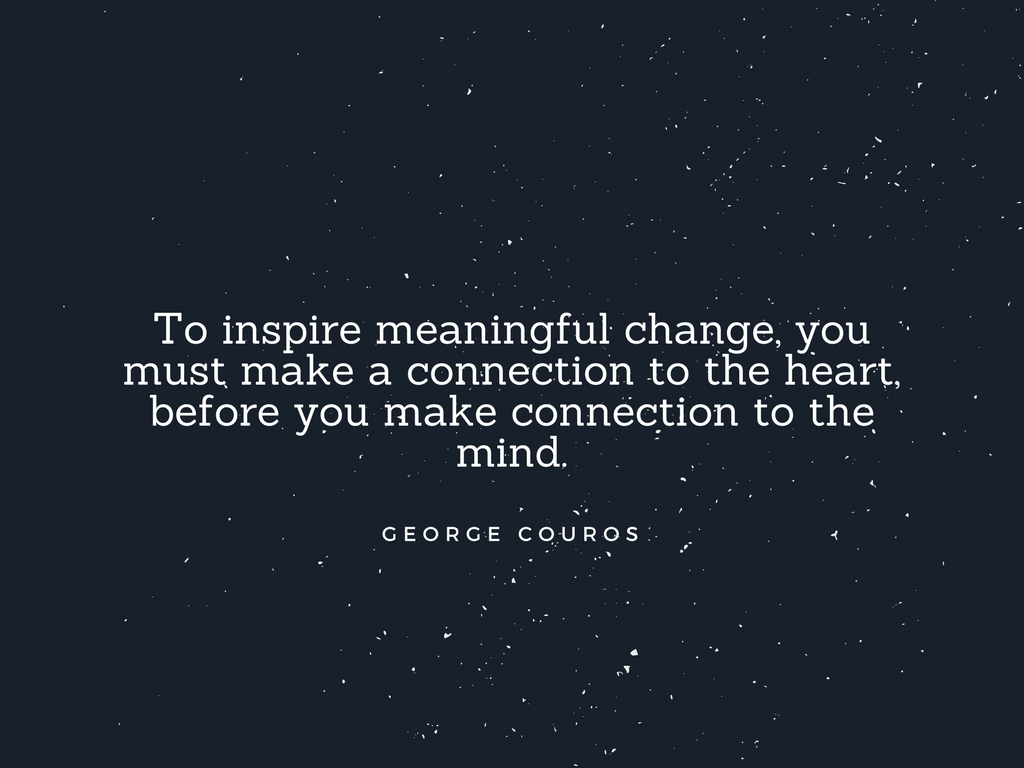I recently shared this article, “What if schools focused on relationships instead of test scores?“
The tweet got a lot of positive attention and my guess is that this is because so many educators feel that the overwhelming focus in our schools is test scores and data that supersedes the focus on who the people are in our classrooms as unique individuals and learners. There was also some pushback to the idea that we should focus on relationships and many argued, Why do we have to pick? Why can’t we focus on both relationships and test scores? And my favorite, Oh here we go again…
There are two main points that stood out to me as I read the comments and saw the reactions to this article that I wanted to unpack. The first is that I believe that when many people read focus on “test scores” they read that as learning, while I see a big difference in which one we focus on. The second was that we have to pick between relationships or achievement. I don’t see these as binary. We can and should focus on both in learning environments
Doing well on a test is not the end goal
As I read the comments it seemed that many people read “test scores” and conflated this with achievement. I get it. The focus on relationships over achievement in education feels fluffy for lack of a better term as if we aren’t successfully preparing kids with rigorous knowledge and skills and instead of sitting in class playing games. To be clear this is not my goal for education. I do believe though and shared in my book, Learner Centered-Innovation that doing well on a test should not be the focus or the end goal.
A hyper-focus on improving standardized test scores can prevent us from the larger goals of developing learners who can think, communicate, and be contributing members of society. I understand that we have to focus on test scores because they are the measurements and how we are held accountable. I also know that if we continue to do things the way they have always been done, we will get the same results. If we truly value learners as individuals and want students to be able to find and solve problems, communicate effectively, and learn to learn, we can no longer simply prepare kids for a test or for the next grade. We have to rethink how and what we teach in schools to ensure we are creating space to model, guide, and practice the skills that students need to be successful in life, in work, and as contributing citizens.
The standards and curriculum will likely always play a role in schools and classrooms. That isn’t negative unless we mindlessly move through the prescribed content without focusing on who the learners are and what we want them to learn.
Are We Focused on Testing or Learning?
The other reaction that I had as I read the comments was that it seemed that there was an assumption that you have to pick relationships or test scores. If our students and their success is our main goal, I tend to believe that we can and should focus on both relationships and learning (not just test scores), but I believe and have seen this play out over and over again, that if we prioritize test scores over people and real learning, we will never see the level of achievement that all students are capable of.
As the author of the original article describes:
“The testing mandates further damage the possibility of constructing and cultivating strong relationships with students. These bonds, in turn, may lead to instructional insights that produce relevant, on-target instruction. Tests intervene in relationships by warping instruction toward the most reductive, least compelling ways of thinking: picking the best of four multiple-choice items in response to a question the test-taker has little interest in answering.”
Most educators know in their hearts and have seen in practice that there is far more to teaching than success on a test. To ensure meaningful learning, we have to know the learners, help them understand and leverage their strengths, identify and work towards goals that matter to them and ensure they persist through challenges and setbacks. You can’t do this without building relationships first and maintaining them throughout the learning process. As George Couros says, “To inspire meaningful change, you must make a connection to the heart before you make a connection to the mind.”



0 Comments